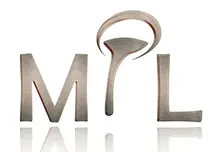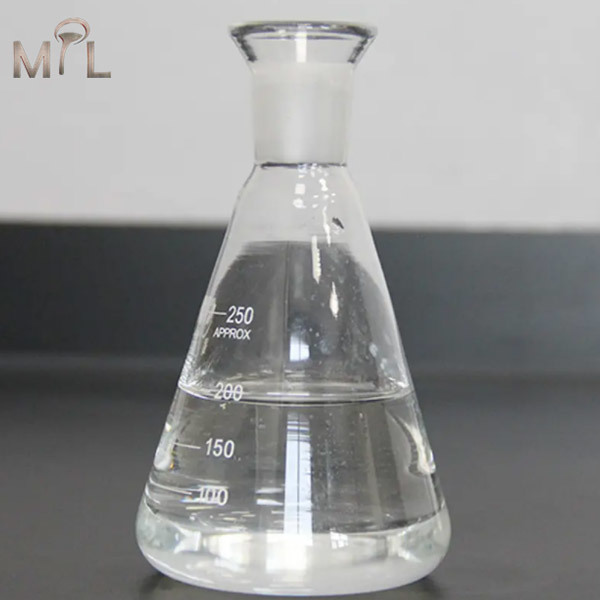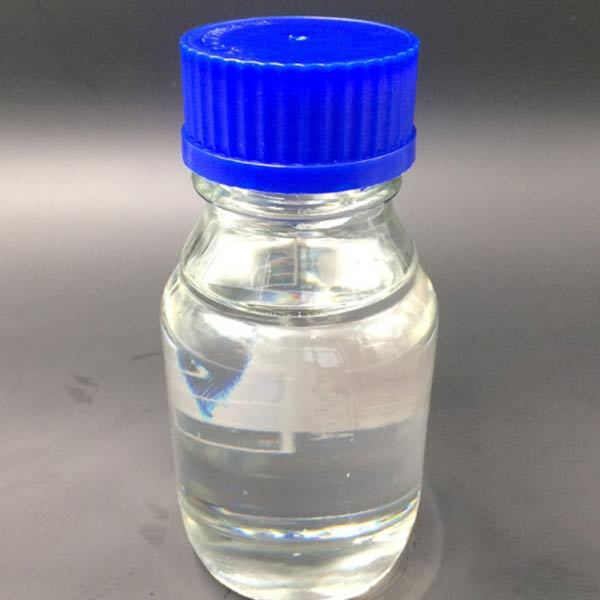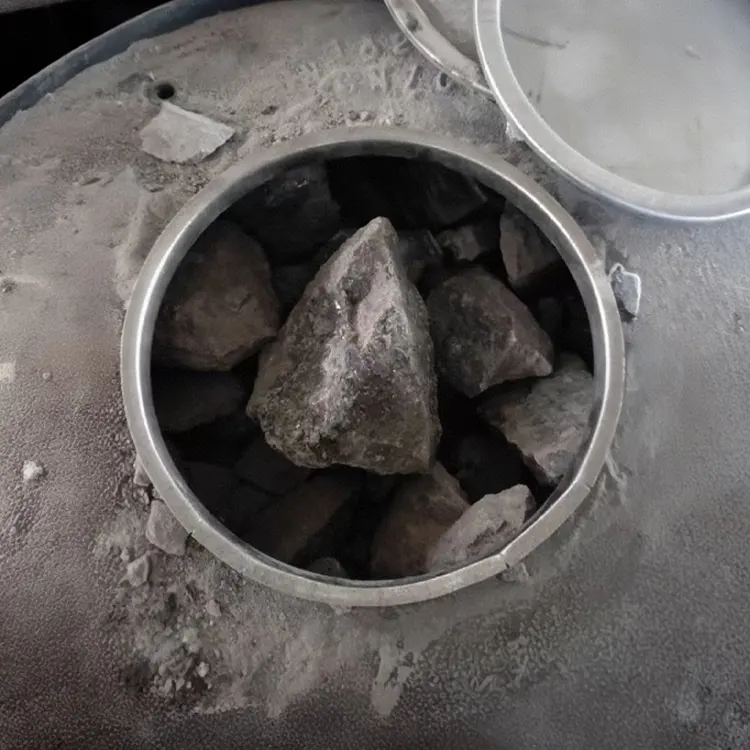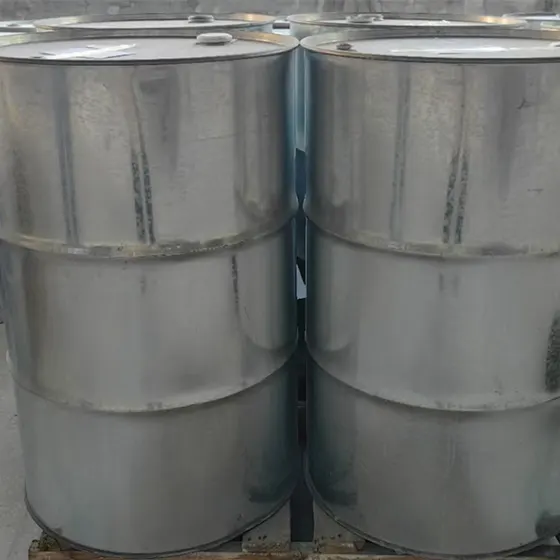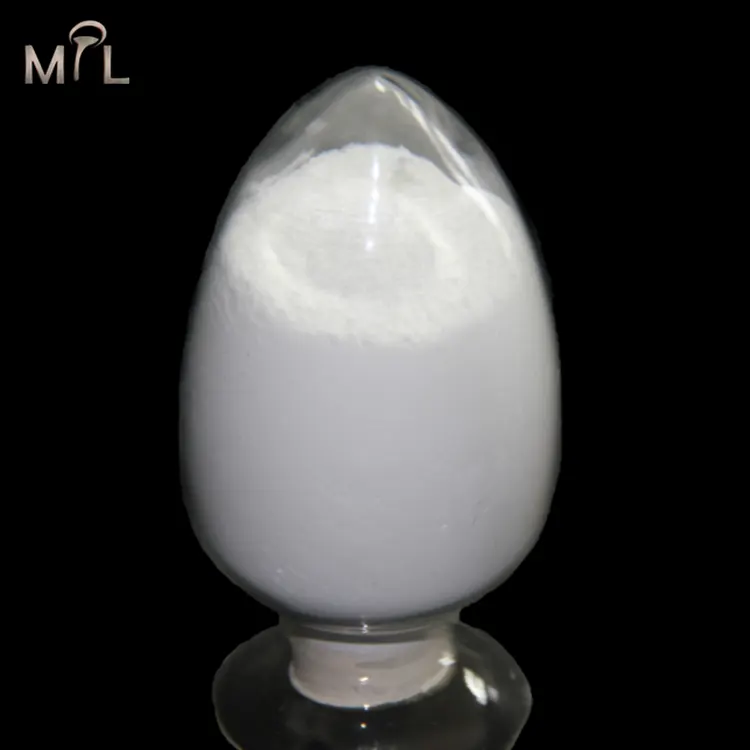
Types and functions of fertilizers
Release time:
2024-04-10 17:55
Fertilizers are essential for enhancing soil fertility and promoting healthy plant growth. There are different types of fertilizers available, each serving a distinct purpose in providing essential nutrients to plants. Here are some common types of fertilizers and their functions:
1. Nitrogen fertilizers: Nitrogen is a crucial nutrient for plant growth, as it is a major component of chlorophyll, which is essential for photosynthesis. Nitrogen fertilizers provide plants with the necessary nitrogen for healthy growth and development. Examples of nitrogen fertilizers include ammonium nitrate, urea, and ammonium sulfate.
2. Phosphorus fertilizers: Phosphorus is vital for root development, flowering, and fruiting in plants. Phosphorus fertilizers help ensure that plants have an adequate supply of this essential nutrient. Examples of phosphorus fertilizers include superphosphate and triple superphosphate.
3. Potassium fertilizers: Potassium helps plants regulate water uptake, enzyme activation, and overall stress tolerance. Potassium fertilizers provide plants with this essential nutrient, promoting healthy growth and development. Examples of potassium fertilizers include potassium sulfate and potassium chloride.
4. Micronutrient fertilizers: In addition to the primary nutrients (nitrogen, phosphorus, and potassium), plants also require trace amounts of micronutrients like iron, zinc, manganese, and copper. Micronutrient fertilizers provide plants with these essential nutrients, ensuring healthy growth and development.
5. Organic fertilizers: Organic fertilizers are derived from natural sources like compost, manure, and bone meal. These fertilizers release nutrients slowly over time, enriching the soil and promoting long-term soil health. Organic fertilizers also help improve soil structure and microbial activity.
6. Slow-release fertilizers: Slow-release fertilizers provide a steady supply of nutrients to plants over an extended period. These fertilizers are beneficial for reducing nutrient leaching and promoting more efficient nutrient uptake by plants. Slow-release fertilizers are available in granular, liquid, and coated forms.
7. Liquid fertilizers: Liquid fertilizers are easily absorbed by plants and provide a quick nutrient boost. These fertilizers are often used as foliar sprays or applied through irrigation systems to deliver nutrients directly to plant tissues. Liquid fertilizers are convenient to use and can help address nutrient deficiencies quickly.
Functions of fertilizers:
1. Provide essential nutrients: Fertilizers supply plants with the necessary nutrients for healthy growth and development. These nutrients help plants perform essential functions like photosynthesis, root development, and flowering.
2. Correct nutrient deficiencies: Fertilizers can help correct nutrient deficiencies in plants, ensuring they have access to all the essential nutrients they need for optimal growth.
3. Improve soil fertility: Fertilizers can improve soil fertility by replenishing nutrients that have been depleted over time. This helps maintain a balanced nutrient profile in the soil and promotes healthy plant growth.
4. Enhance crop yields: Fertilizers can increase crop yields by providing plants with the nutrients they need to thrive. Well-fertilized plants are more productive and produce higher-quality fruits, vegetables, and grains.
In conclusion, fertilizers play a crucial role in promoting healthy plant growth and improving soil fertility. By understanding the different types of fertilizers and their functions, gardeners and farmers can choose the best fertilizers for their specific needs and achieve successful results in their gardening or agricultural endeavors.
Previous article
Next article
Previous article
Next article
Latest developments
